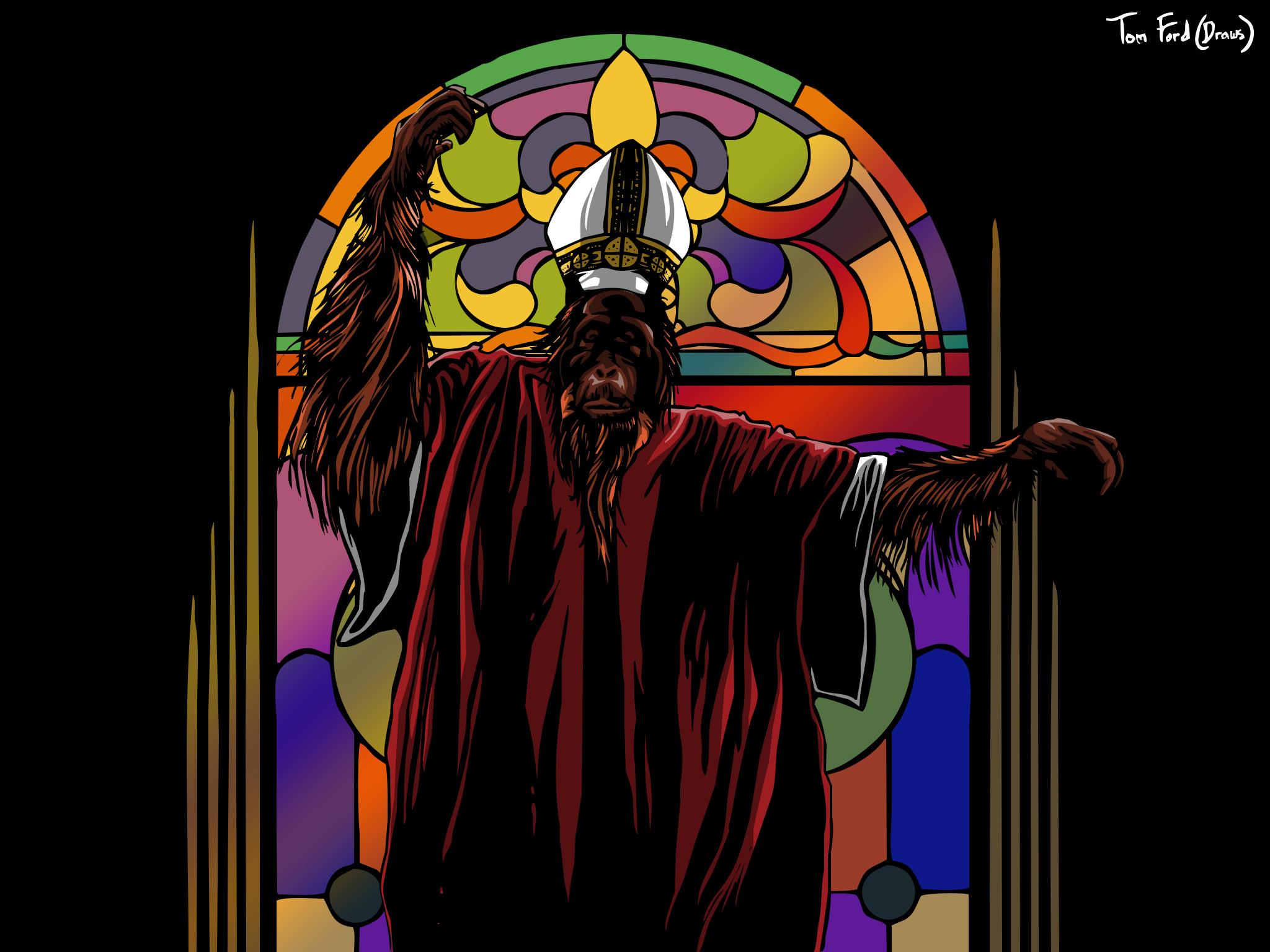Why do some people believe in God?
Continuing his series, comedian Dan Antopolski wonders if he should have tried harder to find a faith or religion as he was growing up


Your support helps us to tell the story
From reproductive rights to climate change to Big Tech, The Independent is on the ground when the story is developing. Whether it's investigating the financials of Elon Musk's pro-Trump PAC or producing our latest documentary, 'The A Word', which shines a light on the American women fighting for reproductive rights, we know how important it is to parse out the facts from the messaging.
At such a critical moment in US history, we need reporters on the ground. Your donation allows us to keep sending journalists to speak to both sides of the story.
The Independent is trusted by Americans across the entire political spectrum. And unlike many other quality news outlets, we choose not to lock Americans out of our reporting and analysis with paywalls. We believe quality journalism should be available to everyone, paid for by those who can afford it.
Your support makes all the difference.It’s a funny thing “having” a religion: I have one but I don’t use it – it’s like my physics GCSE. There is belief in my family background but I was never raised to take it seriously. We had distant cousins who were religious but we just thought they were crazy. One day though, when I was six, I did tell my mother that I had decided to believe in God. She said that this was fine and asked whether I wanted to continue the family tradition of Judaism. I staunchly confirmed this and she said that she was pleased and asked if, as chef, she could assist me in observing the dietary restrictions.
At this point I had a few follow-up questions. At the same moment as she finished explaining about sausages, by complete coincidence I had an epiphany of renewed atheism and I fell to kissing it and promised never to flirt with other thought systems again.
But even though I had no daily use for my Judaism, I was particular about the distinction. I reckoned I shared 96 per cent of my morality with Christians in the same way as I shared 96 per cent of my DNA with chimpanzees: we are indeed similar but I didn’t really want to sit through their tea parties.
Human desire for the universe to make sense as an intentional creation is deep – but not so deep that it had no beginning. Humans were not always religious
When I was 10 years old, Mr Halton taught religious education. He was among the last of a military generation who were put out to pasture this way – their training on the battlefield could continue to find expression in firing bits of the New Testament, selected for inaccessible archaism, at the heads of the enemy. When we were inattentive, he would grasp our ears and pull us up onto our feet and then onto our tiptoes, whispering grave threats. You may call such a practice barbaric. I say that it made me the man I am: suspicious of Applied Christianity and protective of my ears.
When I was 12, at my next school, the RE tutor Mr Jackson was far and away the most talented educator in the place. He peaced out the whole Judeo-Christian drone and went straight to the Hindu gods, then veered Egyptian, tacked Sumerian and did a Norse barrel roll. What a guy. Years later a fellow pupil told me that this dynamic and memorable teacher with the light in his eyes had been discovered to have falsified his professional qualifications and been sacked by the governors. Go figure.
I enjoyed those tales in the spirit of mythology but I felt pity for all the humans – ancient and modern – who, thrown into this life, had in their existential vertigo created a Creator to have created them. Francis Bacon wrote: “I had rather believe all the Fables in the Legend, and the Talmud, and the Alcoran, than that this universal Frame, is without a Mind. And therefore, God never wrought Miracle, to convince Atheism, because his Ordinary Works convince it.”
Human desire for the universe to make sense as an intentional creation is deep – but not so deep that it had no beginning. Humans were not always religious. Some 50,000 years ago we lived together as hunter-gatherers in small communities that tracked each other’s contribution to the common weal – that was morality enough. We used tools and developed a sense of agency: “Tharg took my nut-breaking rock, maybe on purpose. If Tharg takes my stuff again I will know it is on purpose and I will bite Tharg extra hard, then Tharg will stop. I do not care for Tharg.”
From this useful habit of mind – imagining the intentions of others – grew Animism: we projected intentionality on to the natural world, seeing spirits in trees and water. Nature’s mysteries could be explained relatably as the mercurial intentions of the sprites. To this day we project intention on to disorganised phenomena, just as we see a human face in the fenestration of a house – we’re wired to do it and should not really be playing the stock market. I thought Bitcoin wanted to keep going up and I wish it had told me it had changed its mind.
Agriculture brought forth cities and we now lived among strangers, whose individual contributions we could no longer track. Propagating a shared belief in watchful, punitive deities kept people honest – and we successfully upscaled, organised religion burgeoning in tandem with the city state.
Legal and economic systems have evolved also, but have not fully replaced the function of religion as societal glue. Indeed capitalism may be heading for crisis in our secular world, because rising inequality doesn’t square with our millenia-old expectations of social life and we have no other overarching narrative.
For most of my life I have thought religion is all just anthropology, stultifying at best, but I have over the years met some impressive people who apply it more conscientiously than my RE teacher Mr Halton, and I am sometimes almost wistful that I cannot in adulthood acquire belief.
It is indeed a wonder that there is both a colourful sunset and a human mind calibrated to find it beautiful, a pairing so fathomlessly lucky that it suggests design. “It is true, that a little philosophy inclineth Man’s Mind to Atheism; But depth in Philosophy, bringeth Men’s Minds about to Religion.” I know I keep quoting Francis Bacon but he makes good points – and I am crazy about Bacon.
Join our commenting forum
Join thought-provoking conversations, follow other Independent readers and see their replies
Comments